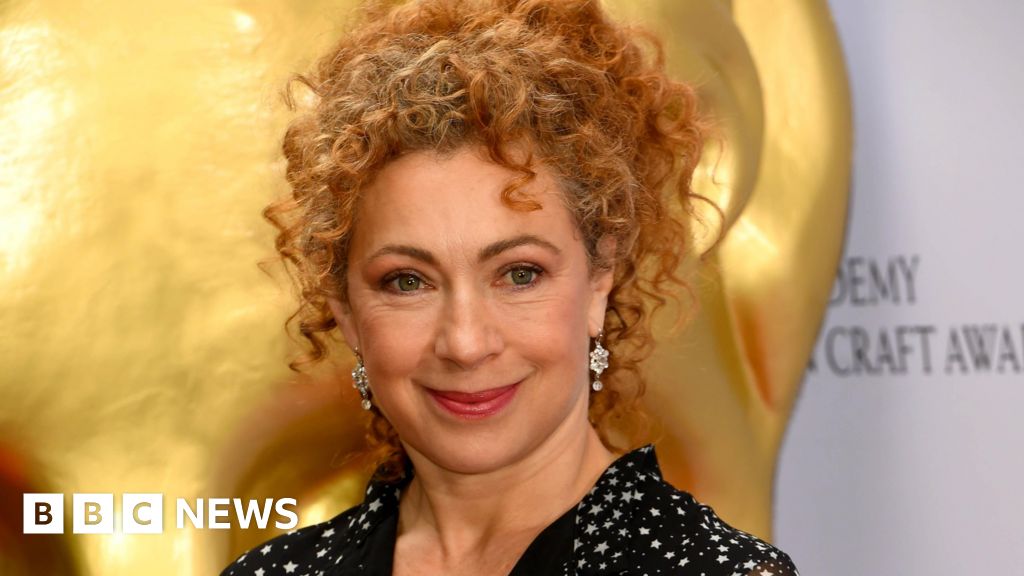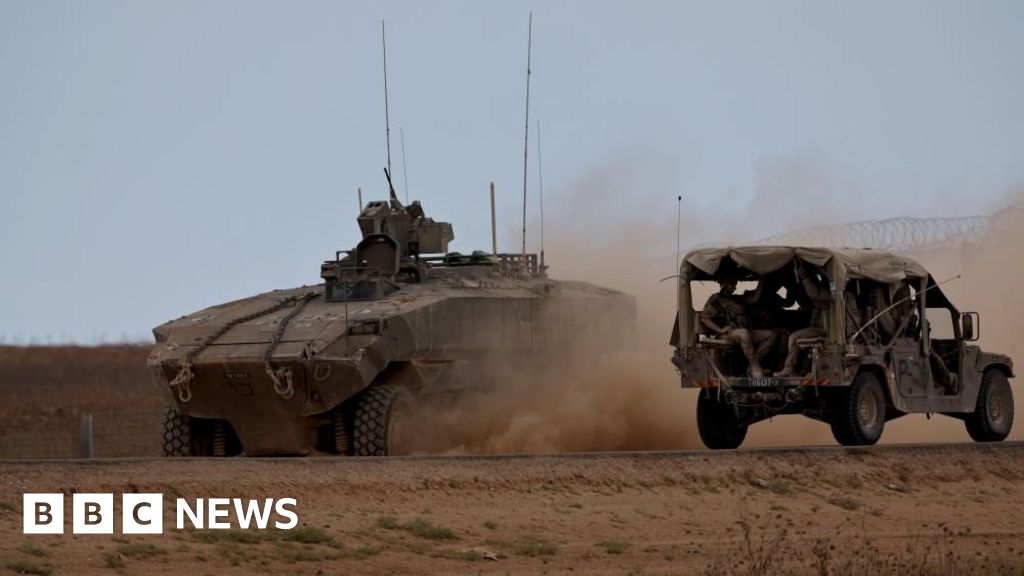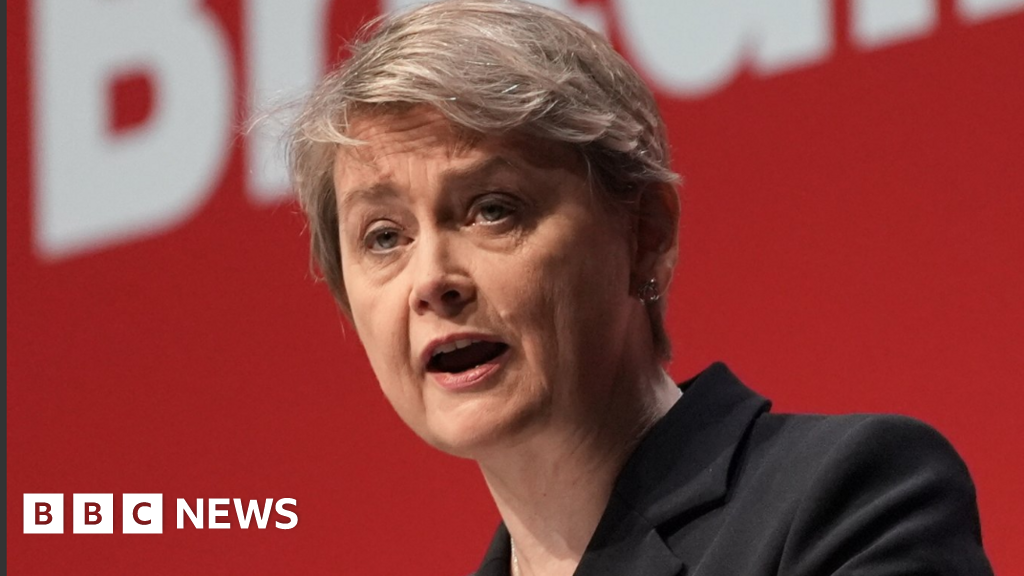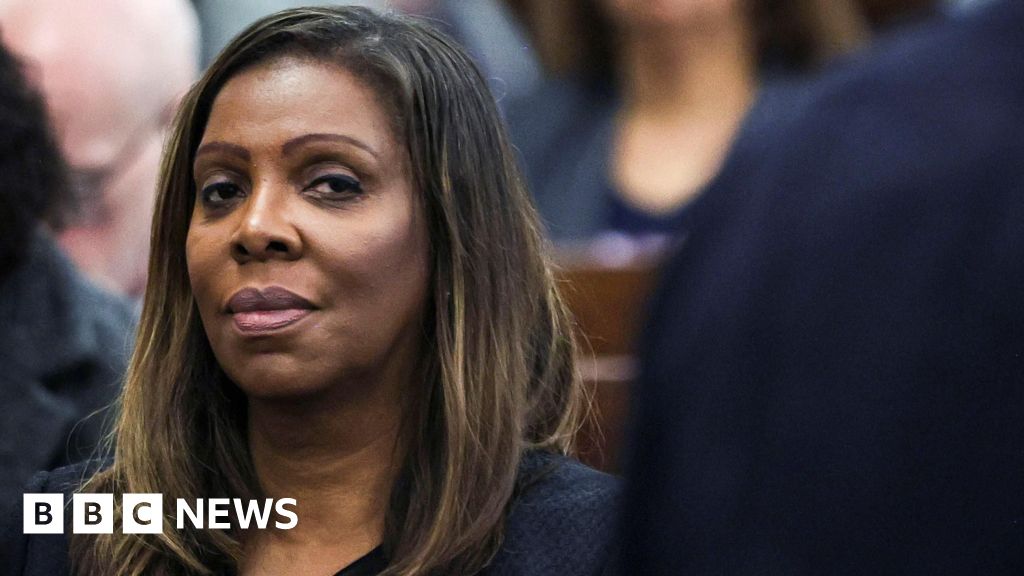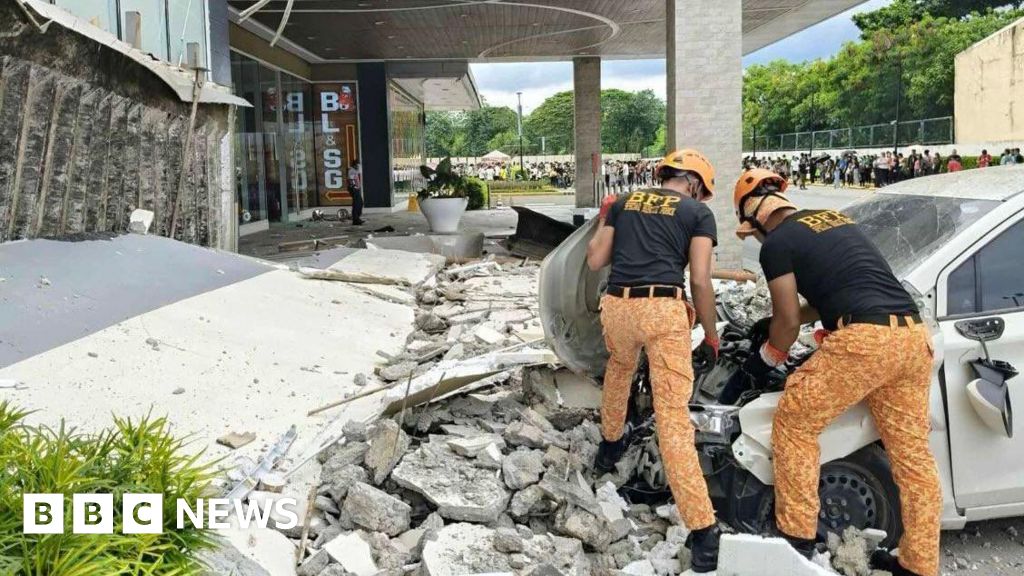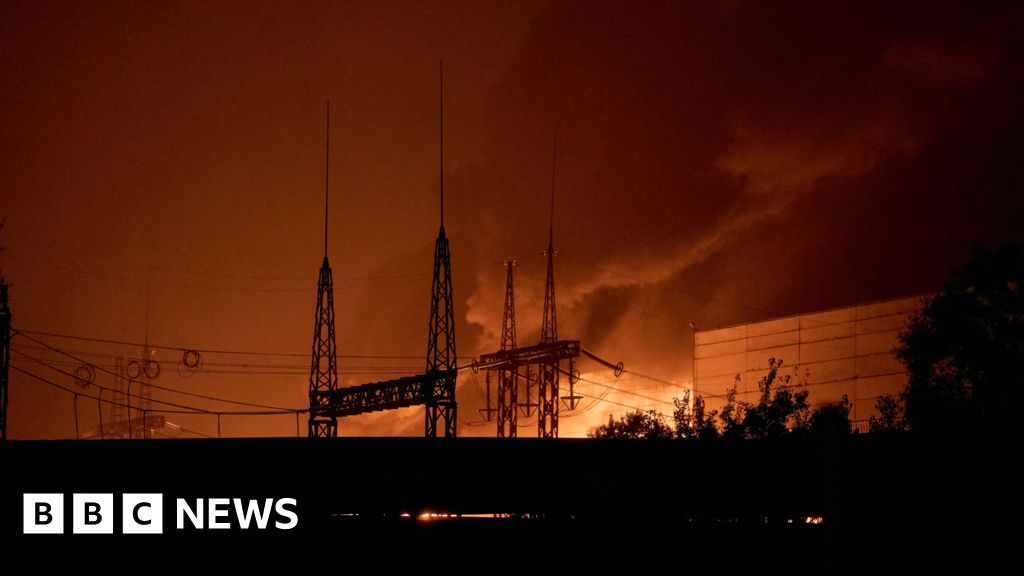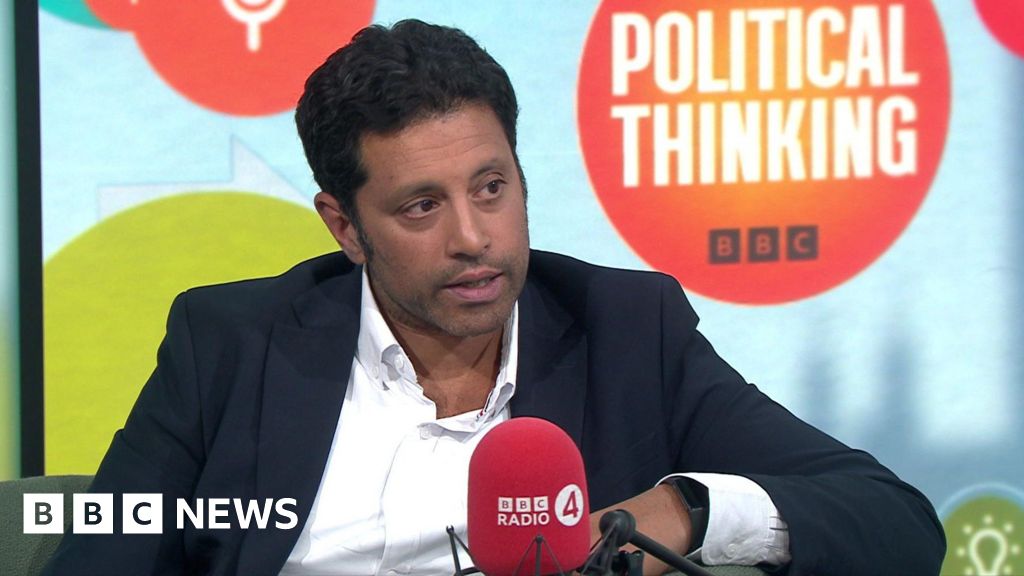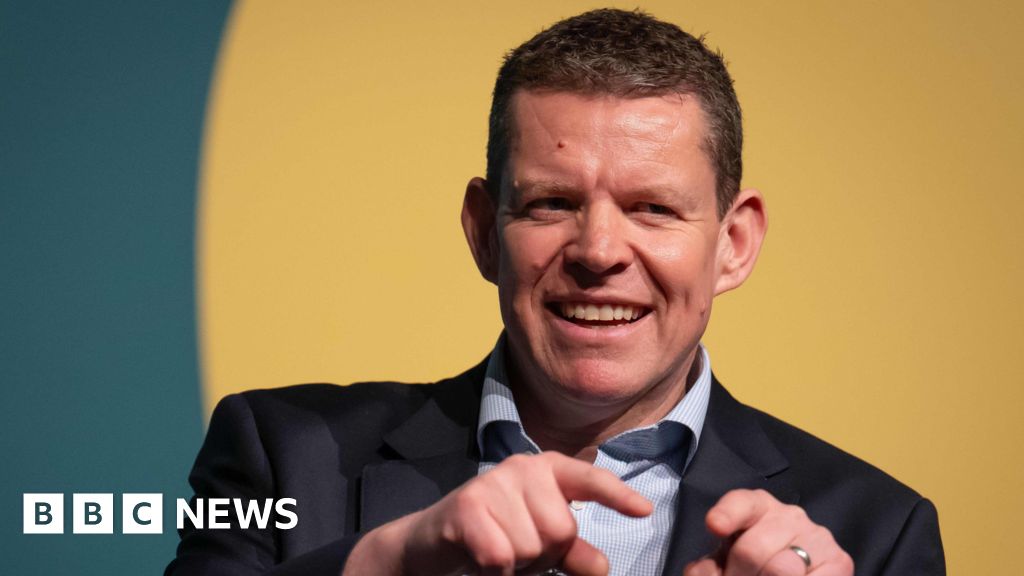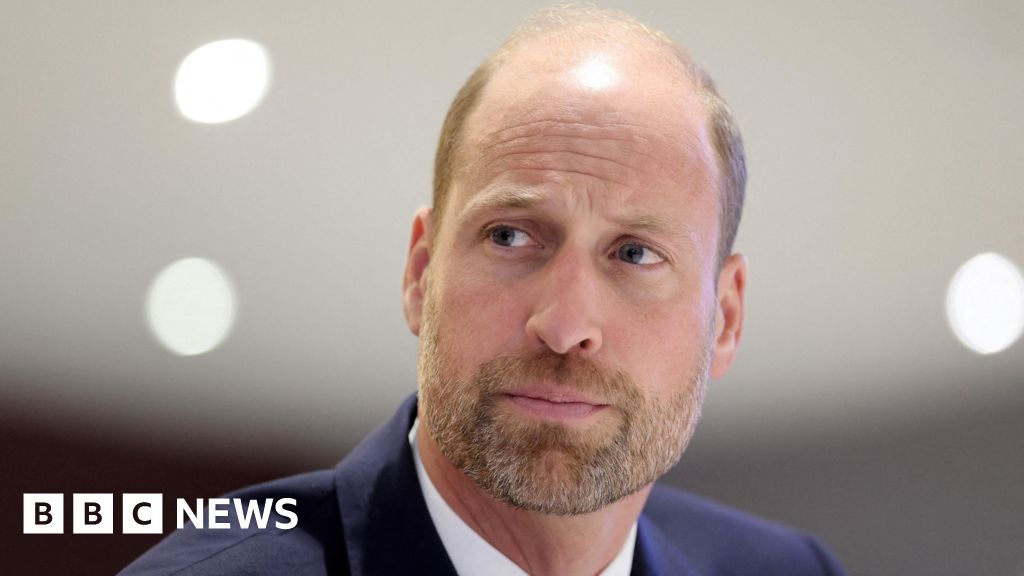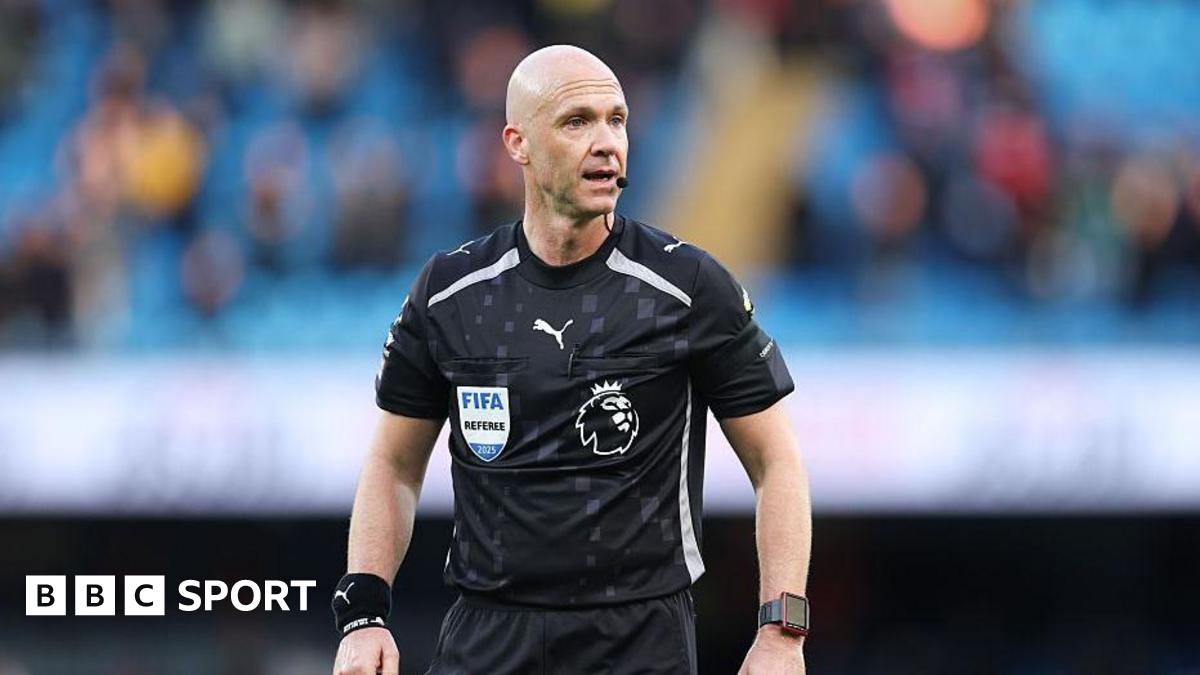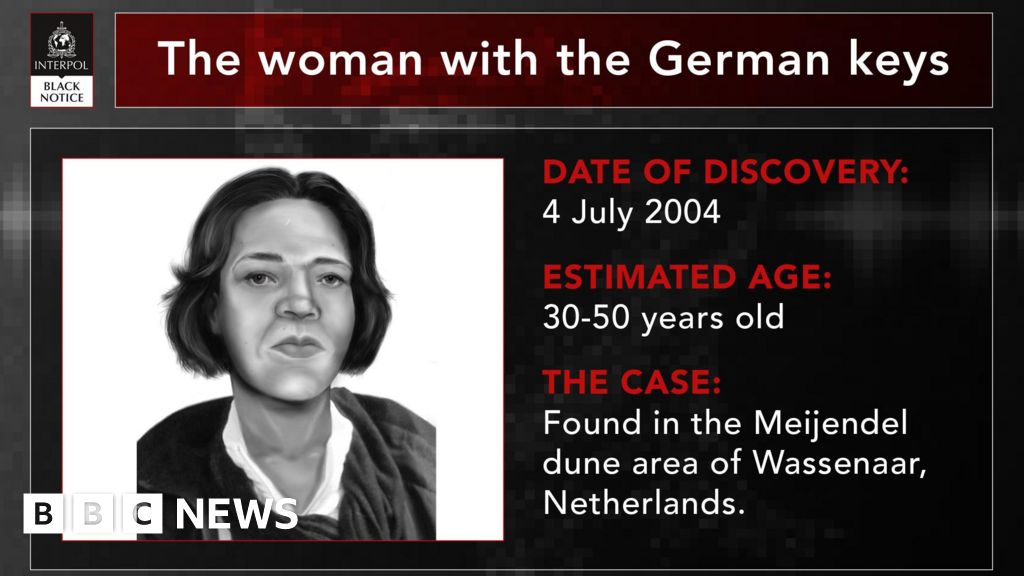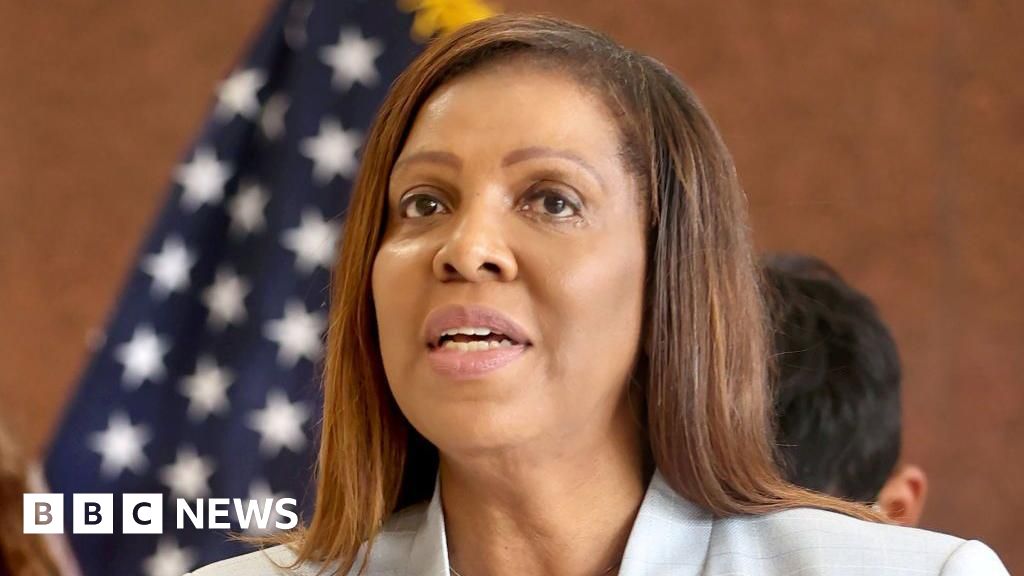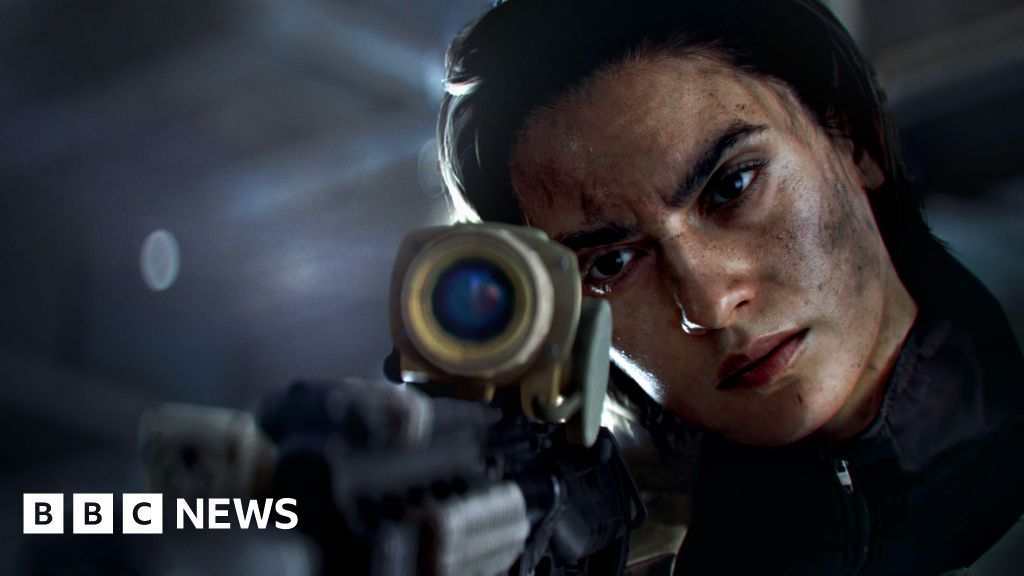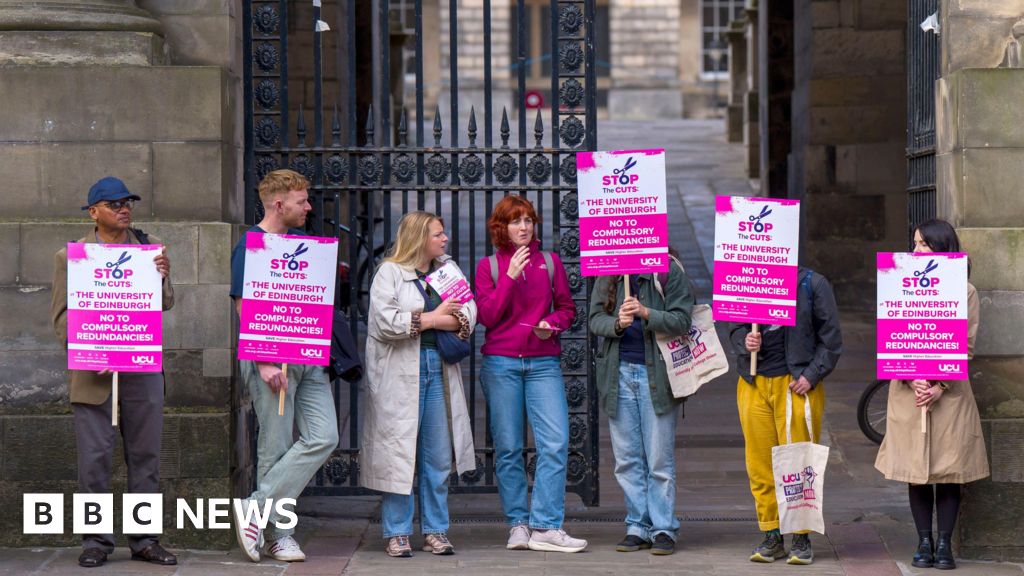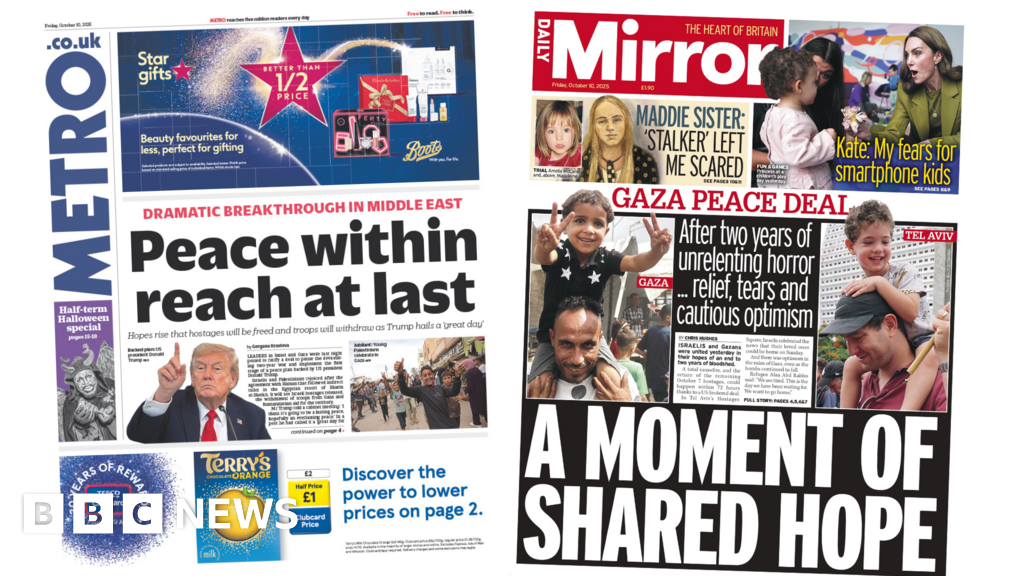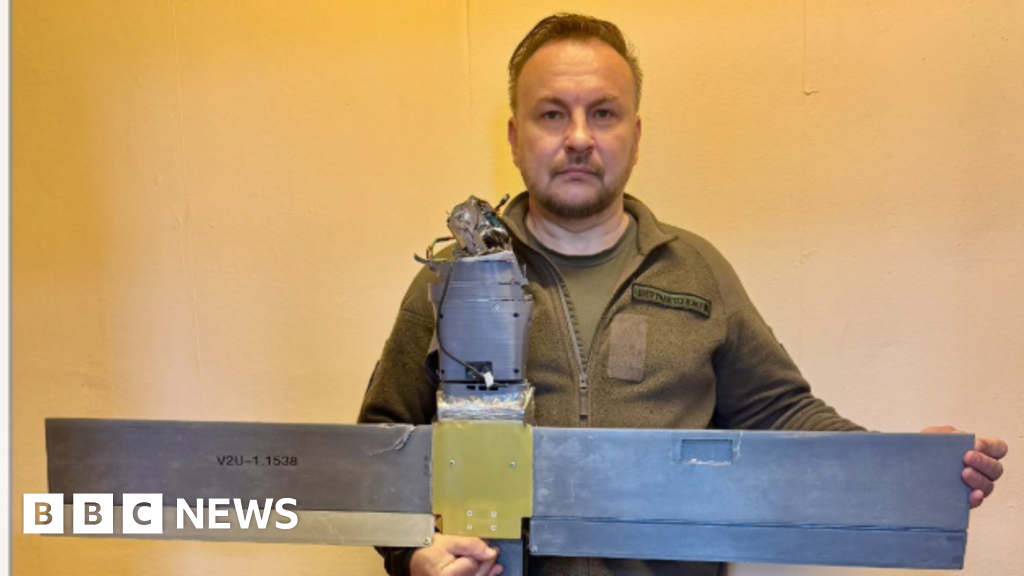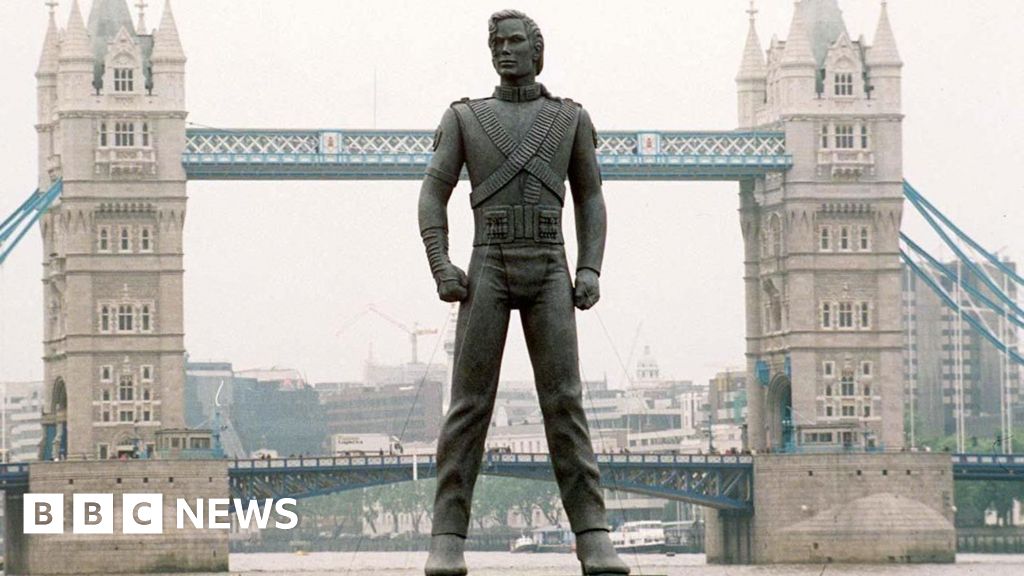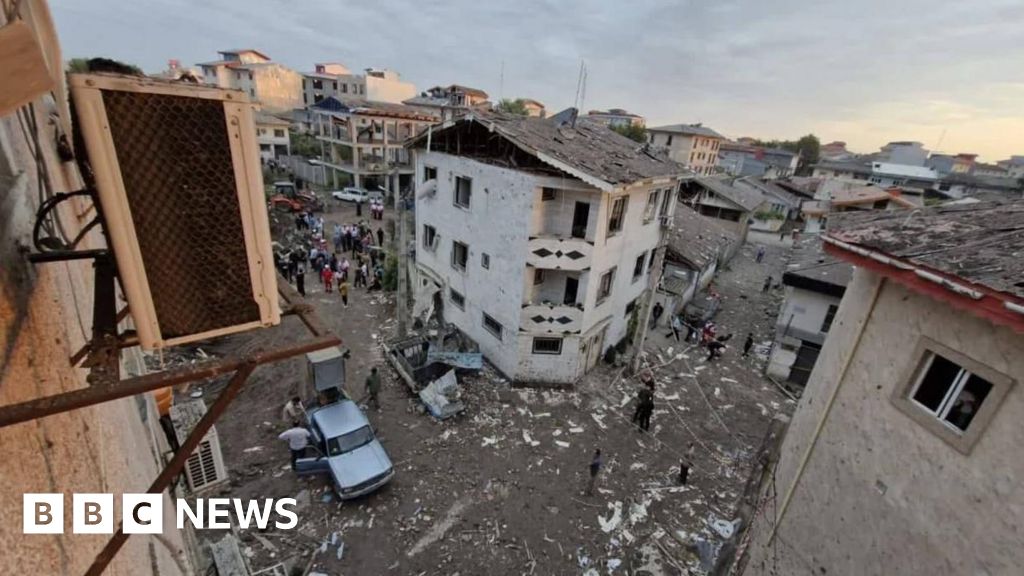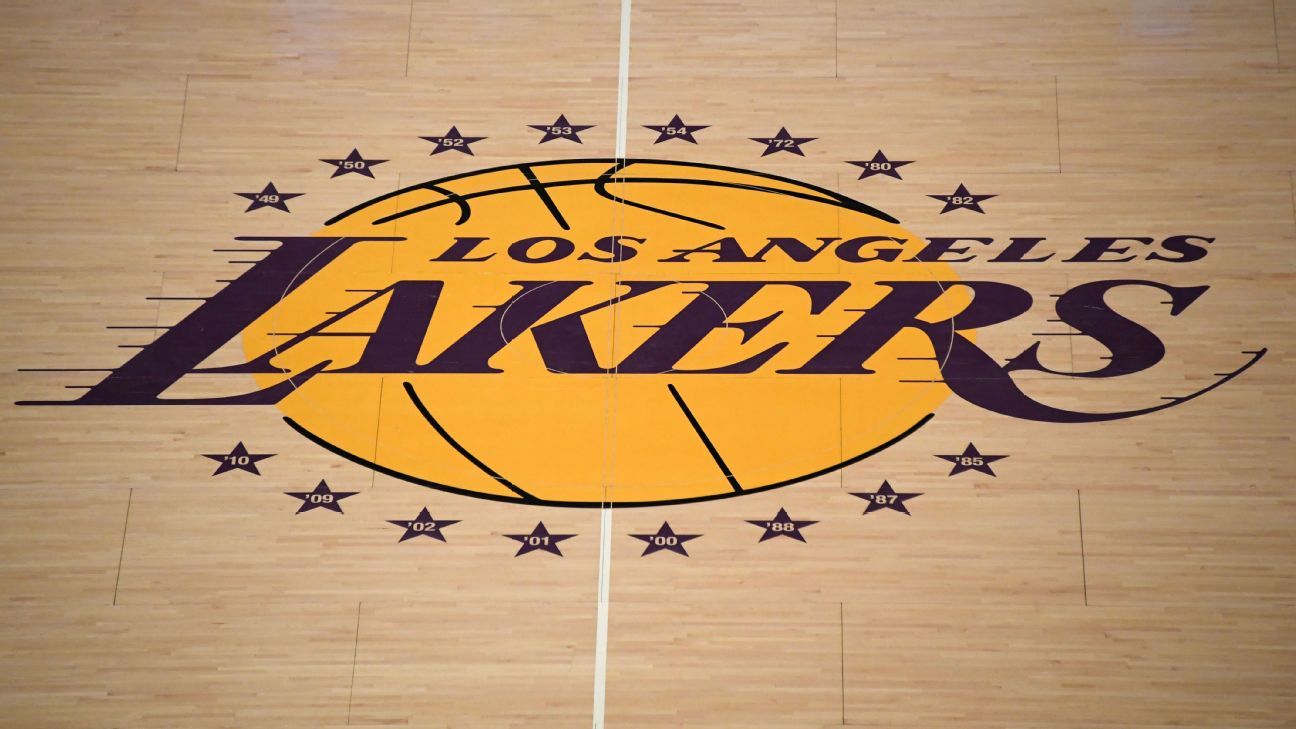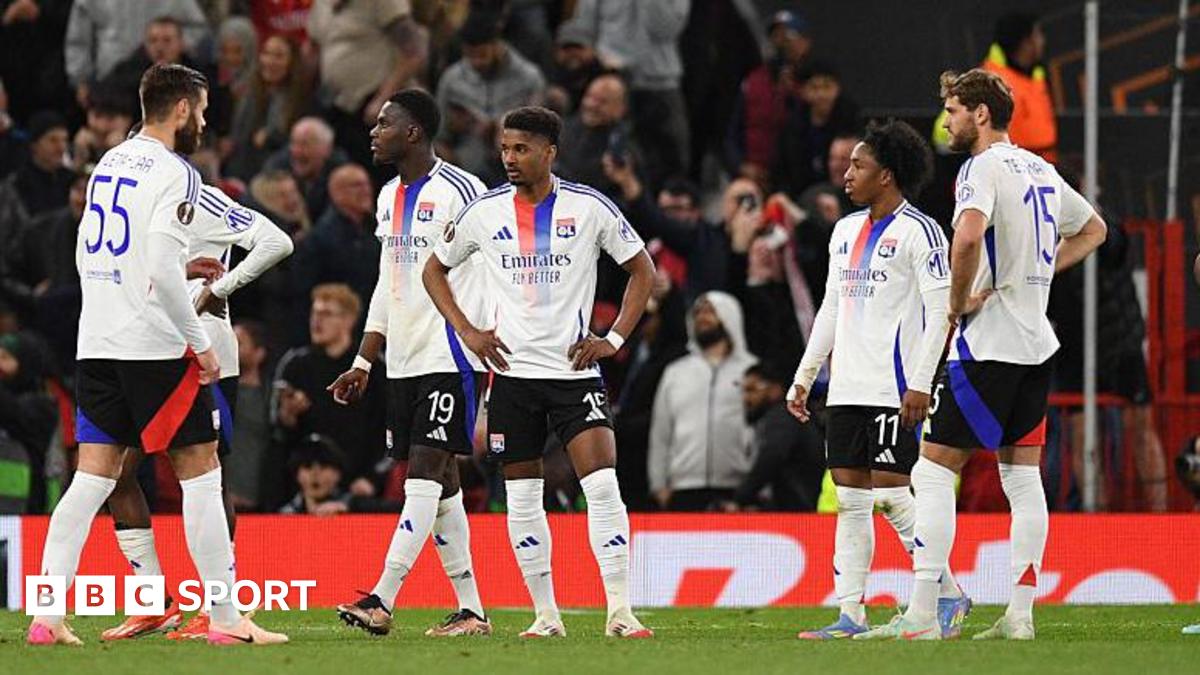
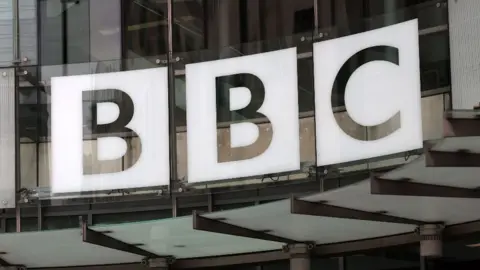 EPA
EPA
The BBC says it has decided not to broadcast a documentary about doctors working in Gaza, due to impartiality concerns it has surrounding the production.
Gaza: Doctors Under Attack was commissioned by the BBC but produced by an independent production company. It was originally scheduled for broadcast in February, but has not yet aired on any BBC outlet.
In a statement, the BBC said it was "determined to report all aspects of the conflict in the Middle East impartially and fairly".
BBC News has contacted production company Basement Films for comment. Its founder Ben de Pear said earlier this week the BBC had "utterly failed" and that journalists were "being stymied and silenced".
The BBC said it was "transferring ownership of the film material to Basement Films".
BBC News understands the decision to shelve the documentary was taken on Thursday, following public comments by De Pear at the Sheffield Documentary Festival, and another of the film's directors, journalist Ramita Navai, who appeared on Radio 4's Today programme discussing the war in Gaza.
A different documentary, Gaza: How to Survive a Warzone, was pulled from iPlayer earlier this year after it emerged its 13-year-old narrator was the son of a Hamas official.
Gaza: Doctors Under Attack - also known as Gaza: Medics Under Fire - is said to examine the experiences of Palestinian medics working during the war in Gaza.
The film is directed by Karim Shah, Navai and De Pear, a former editor of Channel 4 News.
In a statement on Friday, the BBC said it had commissioned the documentary over a year ago, but paused the film in April, "having made a decision that we could not broadcast the film while a review into a separate Gaza documentary was ongoing".
"With both films coming from independent production companies, and both about Gaza, it was right to wait for any relevant findings – and put them into action – before broadcasting the film.
"However, we wanted the doctors' voices to be heard. Our aim was to find a way to air some of the material in our news programmes, in line with our impartiality standards, before the review was published.
"For some weeks, the BBC has been working with Basement Films to find a way to tell the stories of these doctors on our platforms.
"Yesterday [Thursday], it became apparent that we have reached the end of the road with these discussions. We have come to the conclusion that broadcasting this material risked creating a perception of partiality that would not meet the high standards that the public rightly expect of the BBC."
The corporation added that, contrary to some reports, the documentary had "not undergone the BBC's final pre-broadcast sign-off processes", adding: "Any film broadcast will not be a BBC film."
It continued: "We want to thank the doctors and contributors and we are sorry we could not tell their stories. The BBC will continue to cover events in Gaza impartially."
Speaking at the Sheffield Documentary Festival on Thursday, before the decision was announced, De Pear specifically blamed director general Tim Davie for refusing to air the film.
"All the decisions about our film were not taken by journalists, they were taken by Tim Davie," he claimed while taking part in a panel, as reported by Broadcast.
"He is just a PR person. Tim Davie is taking editorial decisions which, frankly, he is not capable of making."
He added: "The BBC's primary purpose is TV news and current affairs, and if it's failing on that it doesn't matter what drama it makes or sports it covers. It is failing as an institution. And if it's failing on that then it needs new management.
"Something needs to happen because they are making decisions from a PR defensive point of view rather than a journalistic one. If you make a decision on a journalistic basis you can defend it, but if you make it on a PR basis, you can't."
In relation to the war, De Pear claimed staff at the BBC "are being forced to use language they don't recognise, they are not describing something as it clearly is [for fear of impartiality] and it's tragic".
Responding to De Pear's comments, a BBC spokesperson said the BBC "totally reject[s] this characterisation of our coverage".
"The BBC has continually produced powerful journalism about this conflict. Alongside breaking news and ongoing analysis, we have produced original investigations such as those into allegations of abuse of Palestinian prisoners and Israel's use of bunker buster bombs and in-depth documentaries including the award-winning Life and Death in Gaza, and Gaza 101."
High-profile figures such as actress Susan Sarandon and presenter Gary Lineker have previously accused the corporation of censorship over the delay.
An open letter, which was also signed by cultural figures such as Dame Harriet Walter, Miriam Margolyes, Maxine Peake, Juliet Stevenson and Mike Leigh, said: "This is not editorial caution. It's political suppression."
"No news organisation should quietly decide behind closed doors whose stories are worth telling," it continued.
"This important film should be seen by the public, and its contributors' bravery honoured."

 3 months ago
73
3 months ago
73

